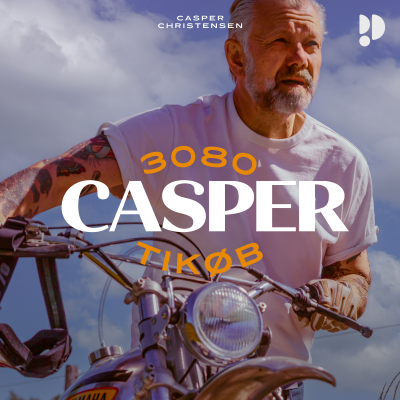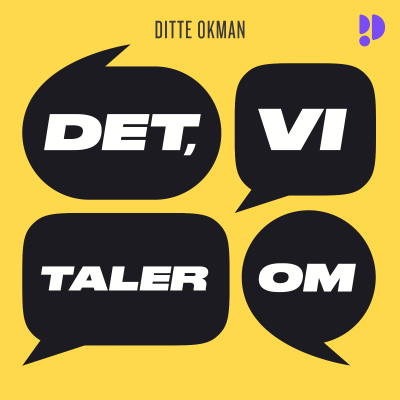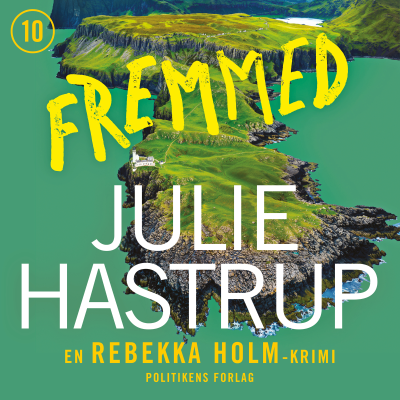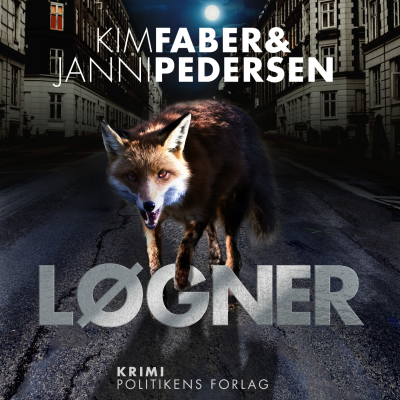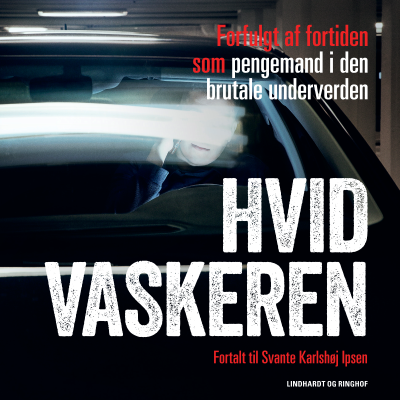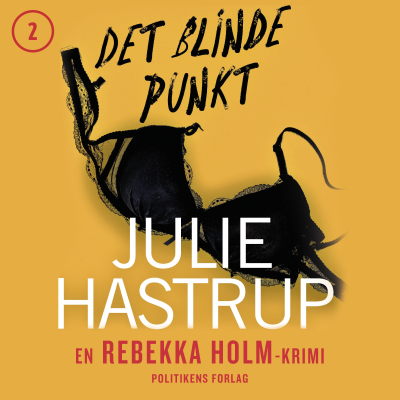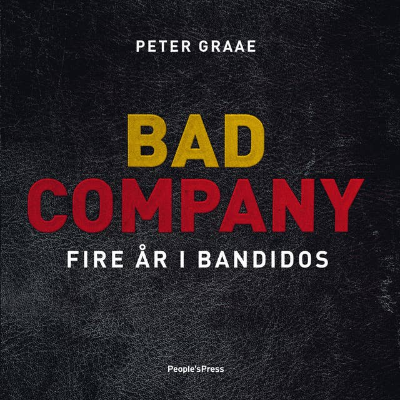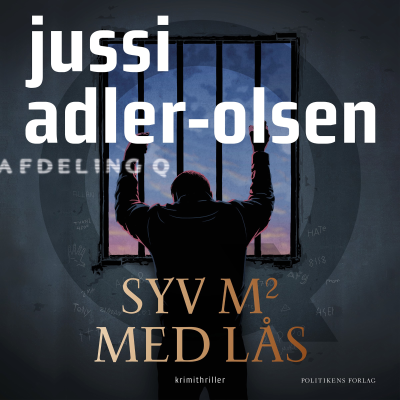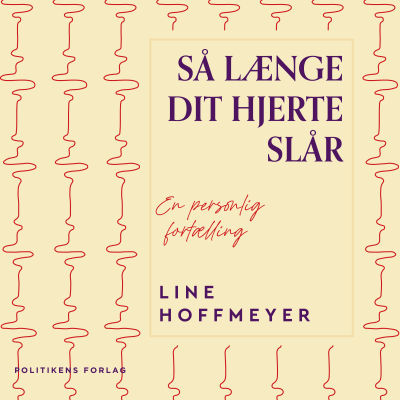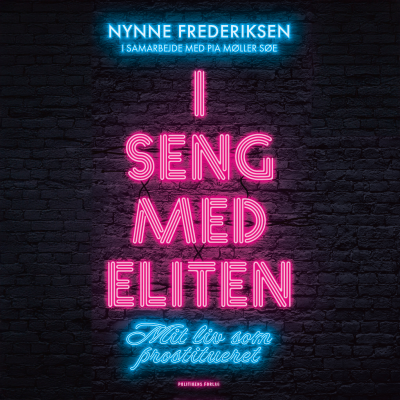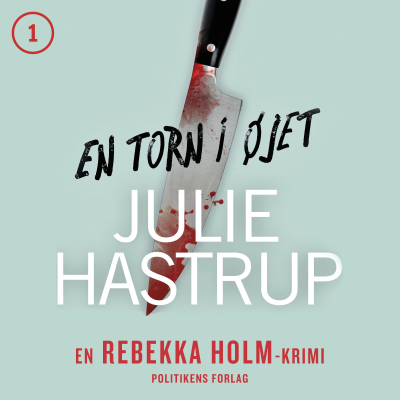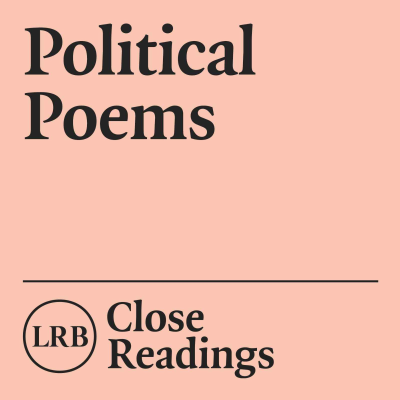
Political Poems
Podcast by London Review of Books
This podcast is free to listen on all podcast players and the Podimo App without a subscription.
All episodes
11 episodesAs an undergraduate, Seamus Heaney visited Station Island several times, an ancient pilgrimage site traditionally associated with St Patrick and purgatory. Decades later, Heaney worked through competing calls for political engagement and his long-lapsed Catholicism in ‘Station Island’, a poem he described as an ‘exorcism’. A dreamlike reworking of Dante’s Purgatorio, ‘Station Island’ describes Heaney’s encounters with the ghosts of childhood acquaintances, literary heroes and victims of the Troubles. Seamus and Mark explore Heaney’s unusually autobiographical poem, which wrestles with the inescapability of politics. Non-subscribers will only hear an extract from this episode. To listen to the full episode, and all our other Close Readings series, subscribe: Directly in Apple Podcasts: https://apple.co/4dbjbjG In other podcast apps: lrb.me/closereadings Further reading in the LRB: Paul Muldoon: Sweaney Peregraine https://www.lrb.co.uk/the-paper/v06/n20/paul-muldoon/sweaney-peregraine Seamus Perry: We Did and We Didn’t https://www.lrb.co.uk/the-paper/v43/n09/seamus-perry/we-did-and-we-didn-t John Kerrigan: Hand and Foot https://www.lrb.co.uk/the-paper/v21/n11/john-kerrigan/hand-and-foot ---------------------------------------- Hosted on Acast. See acast.com/privacy [https://acast.com/privacy] for more information.
Wordsworth was not unusual among Romantic poets for his enthusiastic support of the French Revolution, but he stands apart from his contemporaries for actually being there to see it for himself (‘Thou wert there,’ Coleridge wrote). This episode looks at Wordsworth’s retrospective account of his 1791 visit to France, described in books 9 and 10 of The Prelude, and the ways in which it reveals a passionate commitment to republicanism while recoiling from political extremism. Mark and Seamus discuss why, despite Wordsworth’s claim of being innately republican, discussion of the intellectual underpinnings of the revolution is strangely absent from the poem, which is more often preoccupied with romance and the imagination, particularly in their power to soften zealotry. Non-subscribers will only hear an extract from this episode. To listen to the full episode, and all our other Close Readings series, subscribe: Directly in Apple Podcasts: https://apple.co/4dbjbjG [https://apple.co/4dbjbjG] In other podcast apps: lrb.me/closereadings [https://lrb.me/ppsignup] Further reading in the LRB: Seamus Perry: https://www.lrb.co.uk/the-paper/v30/n24/seamus-perry/regrets-vexations-lassitudes [https://www.lrb.co.uk/the-paper/v30/n24/seamus-perry/regrets-vexations-lassitudes] E.P. Thompson https://www.lrb.co.uk/the-paper/v10/n22/e.p.-thompson/wordsworth-s-crisis [https://www.lrb.co.uk/the-paper/v10/n22/e.p.-thompson/wordsworth-s-crisis] Colin Burrow: https://www.lrb.co.uk/the-paper/v41/n13/colin-burrow/a-solemn-and-unsexual-man [https://www.lrb.co.uk/the-paper/v41/n13/colin-burrow/a-solemn-and-unsexual-man] Marilyn Butler https://www.lrb.co.uk/the-paper/v05/n12/marilyn-butler/three-feet-on-the-ground [https://www.lrb.co.uk/the-paper/v05/n12/marilyn-butler/three-feet-on-the-ground] Thomas Keymer https://www.lrb.co.uk/the-paper/v42/n12/thomas-keymer/after-meditation [https://www.lrb.co.uk/the-paper/v42/n12/thomas-keymer/after-meditation] ---------------------------------------- Hosted on Acast. See acast.com/privacy [https://acast.com/privacy] for more information.
In his long 1938 poem, Louis MacNeice took many of the ideals shared by other young writers of his time – a desire for relevance, responsiveness and, above all, honesty – and applied them in a way that has few equivalents in English poetry. This diary-style work, written from August to December 1938, reflects with ‘documentary vividness’, as Ian Hamilton has described, on the international and personal crises swirling around MacNeice in those months. Seamus and Mark discuss the poem’s lively depiction of the anecdotal abundance of London life and the ways in which its innovative rhyming structure helps to capture the autumnal moment when England was slipping into an unknowable winter. Non-subscribers will only hear an extract from this episode. To listen to the full episode, and all our other Close Readings series, subscribe: Directly in Apple Podcasts: https://apple.co/4dbjbjG [https://apple.co/4dbjbjG] In other podcast apps: lrb.me/closereadings [https://lrb.me/ppsignup] Read more in the LRB: Samuel Hynes: https://www.lrb.co.uk/the-paper/v11/n05/samuel-hynes/like-the-trees-on-primrose-hill [https://www.lrb.co.uk/the-paper/v11/n05/samuel-hynes/like-the-trees-on-primrose-hill] Ian Hamilton: https://www.lrb.co.uk/the-paper/v17/n05/ian-hamilton/smartened-up [https://www.lrb.co.uk/the-paper/v17/n05/ian-hamilton/smartened-up] ---------------------------------------- Hosted on Acast. See acast.com/privacy [https://acast.com/privacy] for more information.
‘Goblin Market’ was the title poem of Christina Rossetti’s first collection, published in 1862, and while she disclaimed any allegorical purpose in it, modern readers have found it hard to resist political interpretations. The poem’s most obvious preoccupation seems to be the Victorian notion of the ‘fallen woman’. When she wrote it Rossetti was working at the St Mary Magdalene house of charity in Highgate, a refuge for sex workers and women who had had non-marital sex. Anxieties around ‘fallen women’ were explored by many writers of the day, but Rossetti's treatment is striking both for the rich intensity of its physical descriptions and the unusual vision of redemption it offers, in which the standard Christian imperatives are rethought in sisterly terms. Seamus and Mark discuss how post-Freudian readers might read those descriptions and what the poem says about the place of the ‘market’ in Victorian society. Read the poem here: https://www.poetryfoundation.org/poems/44996/goblin-market [https://www.poetryfoundation.org/poems/44996/goblin-market] This episode features a full reading of 'Goblin Market' by Shirley Henderson and Felicity Jones at the Josephine Hart Poetry Hour. Watch the reading here: https://www.youtube.com/watch?v=mMnHW9MevJk [https://url.uk.m.mimecastprotect.com/s/urQwCVOAESx8KZKCGfquVozBG?domain=youtube.com] Find more about the Josephine Hart Poetry Foundation here: https://www.thepoetryhour.com/foundation [https://www.thepoetryhour.com/foundation] Subscribe to Close Readings: In Apple Podcasts, click 'subscribe' at the top of this podcast to unlock all the episodes; In other podcast apps here: https://lrb.me/ppsignup [https://lrb.me/ppsignup] Read more in the LRB: Penelope Fitzgerald: https://www.lrb.co.uk/the-paper/v04/n05/penelope-fitzgerald/christina-and-the-sid [https://www.lrb.co.uk/the-paper/v04/n05/penelope-fitzgerald/christina-and-the-sid] Jacqueline Rose: https://www.lrb.co.uk/the-paper/v17/n20/jacqueline-rose/undone-defiled-defaced [https://www.lrb.co.uk/the-paper/v17/n20/jacqueline-rose/undone-defiled-defaced] John Bayley: https://www.lrb.co.uk/the-paper/v16/n06/john-bayley/missingness [https://www.lrb.co.uk/the-paper/v16/n06/john-bayley/missingness] ---------------------------------------- Hosted on Acast. See acast.com/privacy [https://acast.com/privacy] for more information.
Whitman wrote several poetic responses to the assassination of Abraham Lincoln. He came to detest his most famous, ‘O Captain! My Captain!’, and in ‘When Lilacs Last in the Dooryard Bloom'd’ Lincoln is not imagined in presidential terms but contained within a love elegy that attempts to unite his death with the 600,000 deaths of the civil war and reconfigure the assassination as a symbolic birth of the new America. Seamus and Mark discuss Whitman’s cosmic vision, with its grand democratic vistas populated by small observations of rural and urban life, and his use of a thrush as a redemptive poetic voice. Mark Ford is Professor of English at University College, London, and Seamus Perry is Professor of English Literature at Balliol College, Oxford. Non-subscribers will only hear an extract from this episode. To listen to the full episode, and all our other Close Readings series, subscribe: Directly in Apple Podcasts: https://lrb.me/ppapplesignup [https://lrb.me/ppapplesignup] In other podcast apps: https://lrb.me/ppsignup [https://lrb.me/ppsignup] Read Mark Ford on Whitman: https://www.lrb.co.uk/the-paper/v33/n06/mark-ford/petty-grotesques [https://www.lrb.co.uk/the-paper/v33/n06/mark-ford/petty-grotesques] ---------------------------------------- Hosted on Acast. See acast.com/privacy [https://acast.com/privacy] for more information.
Available everywhere
Listen to Podimo on your phone, tablet, computer or car!
A universe of audio entertainment
Thousands of audiobooks and exclusive podcasts
No ads
Don't waste time listening to ad breaks when listening to Podimo's content.

